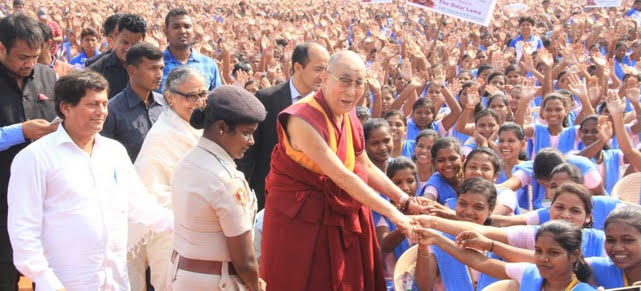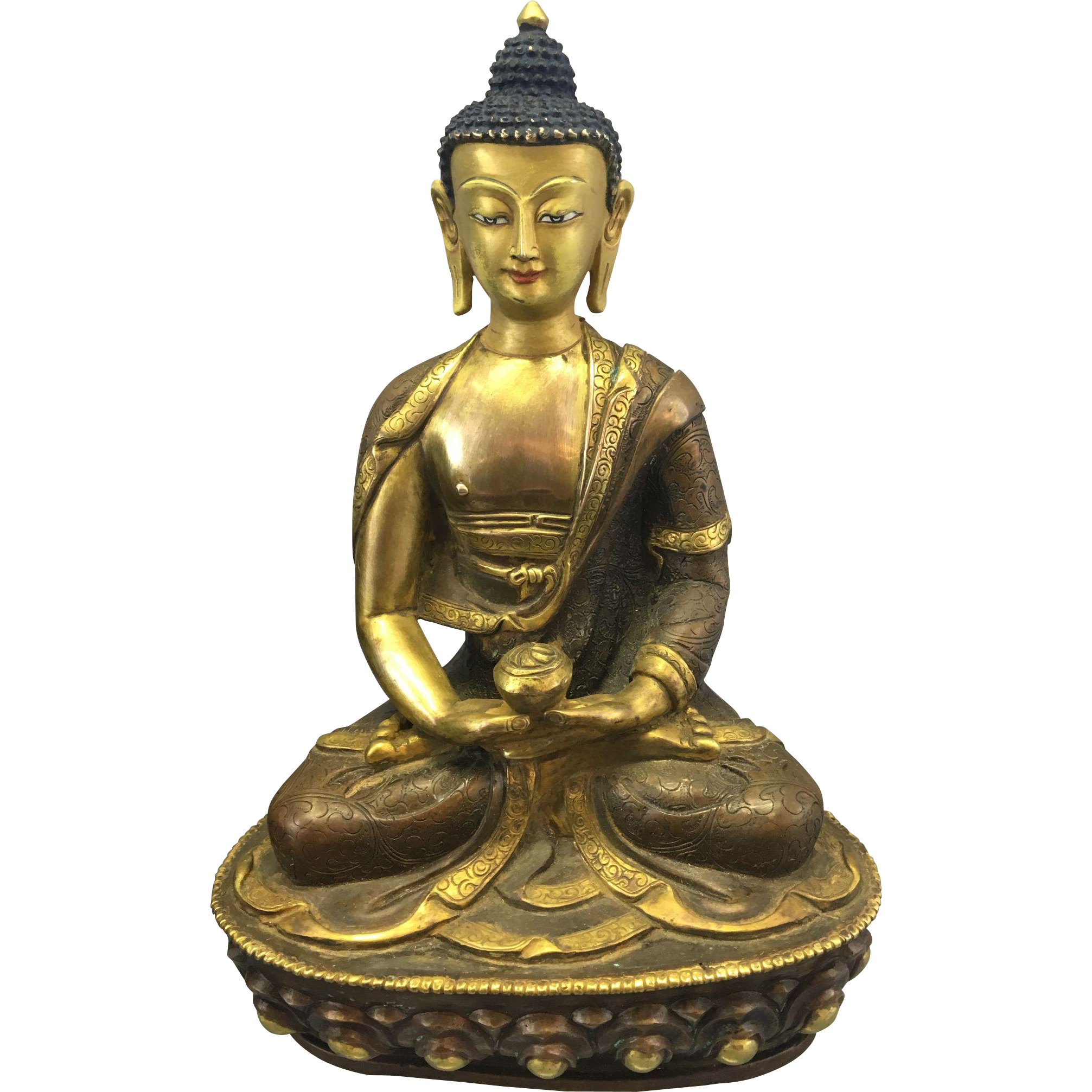Welcome to our eighteenth online suggested practise for the week. We are now broadcasting a live teaching each Monday evening. If you would like to participate please contact us using the contact form on the homepage.
1.0) If you feel so inclined, begin by reciting the usual prayers (please follow below links for text). Alternatively, try to think or articulate a wish for all beings to achieve liberation from suffering, etc .
Four Thoughts: contemplating each in turn – http://northantsbuddhists.com/the-four-thoughts/
Refuge Prayer: twice in Tibetan, once in English – http://northantsbuddhists.com/the-refuge-prayer/

2.0) Too Tired, Too Upset to ‘Practice’ – Ken Holmes
Students or friends have often told me, “I feel far too depleted to practise” or “I’m too stressed out, too upset to practise” or “My mind is not in the right place to practise, I can’t focus” etc. My reply, not always so well received, is, “Well, sorry about the way you are BUT this is actually exactly the time when practice is needed most. Please try.”
I was once in the same room as Akong Rinpoche, who was working on complex documents with a friend, one of his main people. There was popular Tibetan music playing loudly in the background. My friend asked him, “Rinpoche, can we please turn this music down, it’s hard to focus.” His reply was, “If you can’t focus now, how on earth are you going to focus in the bardo?”
There seems to be a basic misunderstanding of “practice”. People have accustomed themselves to their formal sessions, whereby practice means they go through a whole Chenrezik or Tara practice session or else whereby they feel that sitting doing shamatha for less than half an hour is a waste of time as it usually takes at least that long to “feel” something working.
However, the meaning of chö, the Tibetan translation for dharma, is ‘what makes better’, ‘that which restores’, that which heals’. Anything you can do to help your mind, to elevate it even slightly, to recall bodhicitta even for a few moments, to ‘feel’ the Refuge even for a few seconds, is practice. The formal practice sessions are there to equip us with the basic reflexes and tools for doing this … and doing this in difficult times is highly beneficial.
The idea that one somehow needs to be in a good place, on best behaviour, to practice is not very helpful. If you are waiting to be stronger, health-wise, or to be in a place of kindness and relaxation, mind-wise, to practice, you may have to wait a long, long time.
One can understand a mistaken respect here, whereby one feels dharma as something so pure that one does not want to bring one’s rubbish to it. But this is a mistake. Dharma has always been, at its heart, rooted in learning to face and transform what is dark, what is deluded, what is poisonous in the mind. One does not ‘sully the lineage’ by dealing with one’s own poisons. It was the way of all the adepts of the past.
People would ask Akong Rinpoche, “Why do we have to do all these prayers?” He would reply, “As long as your mind is busy talking, you will need to pray, to learn to replace rubbish talk with good talk.” It’s as simple as that. So when the mind is in its more rubbish moments, that is exactly the time to bring in practice.
What might that practice be? It may be to remind oneself of a line of the bodhisattva prayer and to dwell with it, or repeat it again and again, from the heart, e.g.:
“It is the supreme medicine that alleviates the illness of the world.”
Being in the thick of suffering oneself—exhausted, upset, unwell, thoughts in turmoil and conflict etc.—you think of all those, hundreds, thousands or more, in the same state as yourself or worse. This is samsara. It is sick. Dharma is the most wonderful, timeless medicine. The dharma teachers and sangha are like the doctors and nurses bringing you the healing medicine. The outcome is to find true health. The more you think of this, the more a very natural and heartfelt Refuge, a sense of wonder, a feeling of respect in what is worthy of your refuge and trust, emerges.
‘Practice’ may be to remind yourself of those hurting like you and to do Tonglen.
‘Practice’ may be to use Mahamudra or other instruction to suddenly look nakedly at your mind, in its tiredness or upset-ness. The mind that is tired is a passing thing. It came from nowhere, goes to nowhere and cannot be grasped when you try to really ‘be with it’. As elusive as quicksilver. That awareness of absence of anything solid and a coming into being through causes and conditions is the essence of buddha wisdom. Your pain becomes the seed of wisdom.
‘Practice’ may be reciting Om Mani Padme Hung.
‘Practice’ may be recalling your guru.
’Practice’ may be going to simply bow your head before an image of Buddha and opening your heart to help.
Although you may find you generally make considerable effort to visualise whatever Vajrayana practice you do, such as Tara, in these difficult moments simply let go and let ‘practice’ be a surrender to Tara’s help, presence and blessing. Effort-less. Such letting-go may be very helpful for understanding a deeper level of future ‘deity’ practice. It is a question of opening-up and connection rather than remaining entirely within your own imaginative construction.
There are so many ways to practice. Even is it is only for seconds, those seconds are helpful. No one can ever steal the benefit of those seconds of helpful karma. It is invaluable training to counteract the age-old ego habit of shunning help that will be its downfall; help at times when help is most needed and of great value.
You are thinking and feeling anyway; might as well have dharma feelings and dharma thoughts.
I once watched the salmon climbing small waterfalls in Scotland to reach the river head to reproduce. How do they climb? They swim, with great difficulty, upwards, against the current. Then they suddenly turn round and twist their bodies, so that the downward ‘force’ flips them up, in a pirouette, to land above the waterfall, above the counter-current. It often does not work first or second or third time. Yet they persist. And most “make it” in the end.
Learning to practice when you do not feel inclined, for whatever reasons is vital. Just for seconds. Then, as you get used to it, for more seconds. Until, having felt the benefit, it becomes a new habit … the ‘salmon-pirouette’ habit … that helps you now and could be a game-changer in the experiences between lives, the bardo.
———–
2.1) Meta Bhavana – ”Loving Kindness Practice” – Presented by Steve Reynolds (Session 5 of 6)

HH Dalai Lama XIV, Cultivating A Daily Meditation
“To generate the mind of enlightenment, we reflect on the fact that, just like ourselves, all other sentient beings equally have the natural tendency to desire happiness and the wish to avoid suffering.”
—0—
